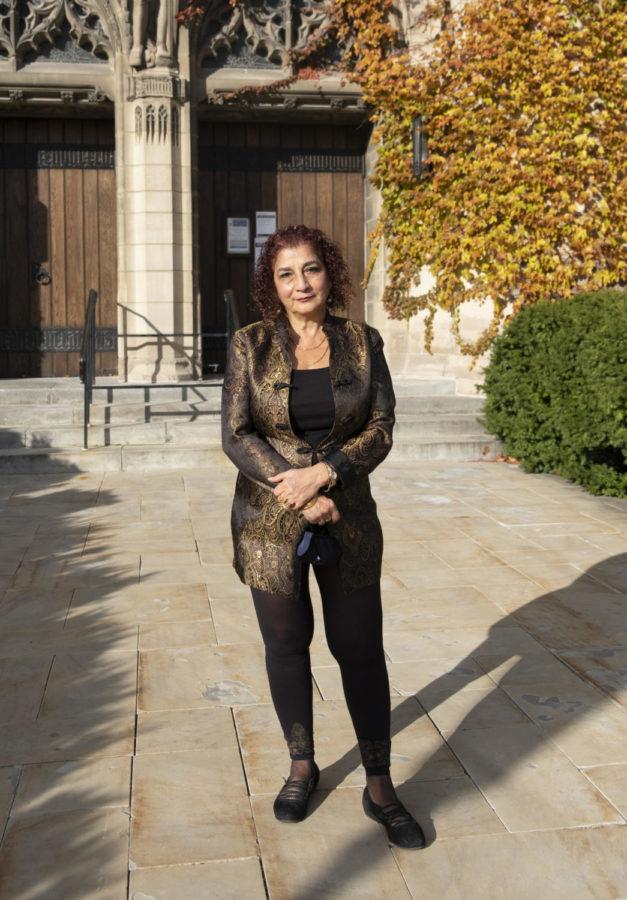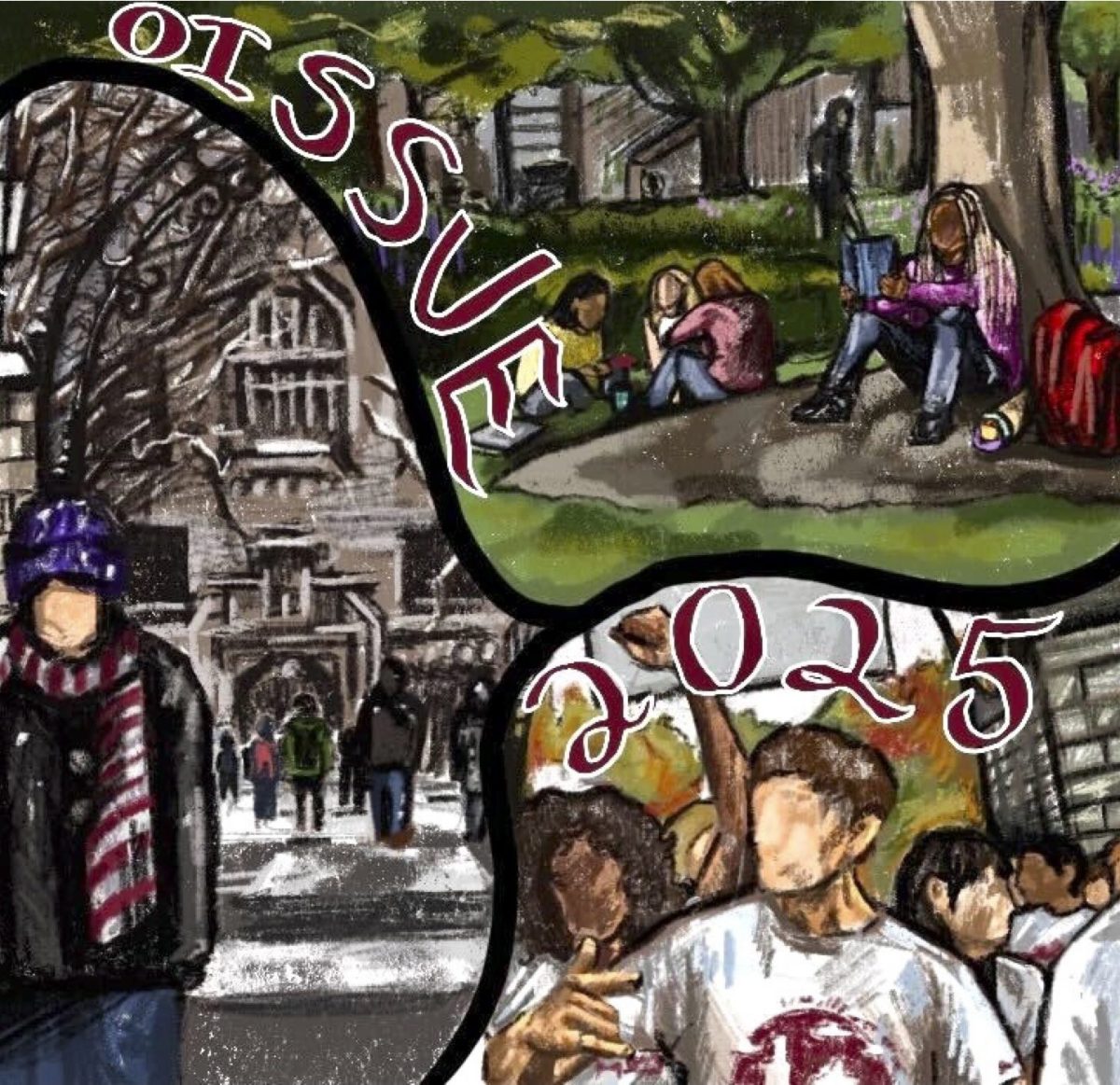Shakyra Payne worked as an in-home caregiver for a patient with disabilities during the pandemic. Although she was an employee at Western Illinois University before the pandemic hit, she moved back in with her parents and started to help provide for her family.
Payne worked with an elderly patient during the spring and was concerned for the safety of the patient in her care. She frequently stayed overnight at her patient’s residence to avoid possibly exposing them to the virus. Steps were also taken to minimize the number of people in the household, altering Payne’s role. Instead of rotating shifts with other caregivers every 12 hours, Payne spent two days at a time with the patient before switching out. This new system had her staying at the patient’s house overnight.
“I work with people with disabilities, so I didn’t want to get them sick and I had to stay in overnight,” Payne said.
Payne spent most of her time working and minimizing the risk of giving COVID-19 to her patient. Because she did not go out much, she was forced to spend more time with her parents when she was not at work. Before the pandemic, she was fairly independent from her family. After she moved back, she had to rely on her them much more.
She said, “We’re actually closer, because we got to do in-home activities [unlike] when COVID wasn’t happening and I was always out and away,” Payne said.




















